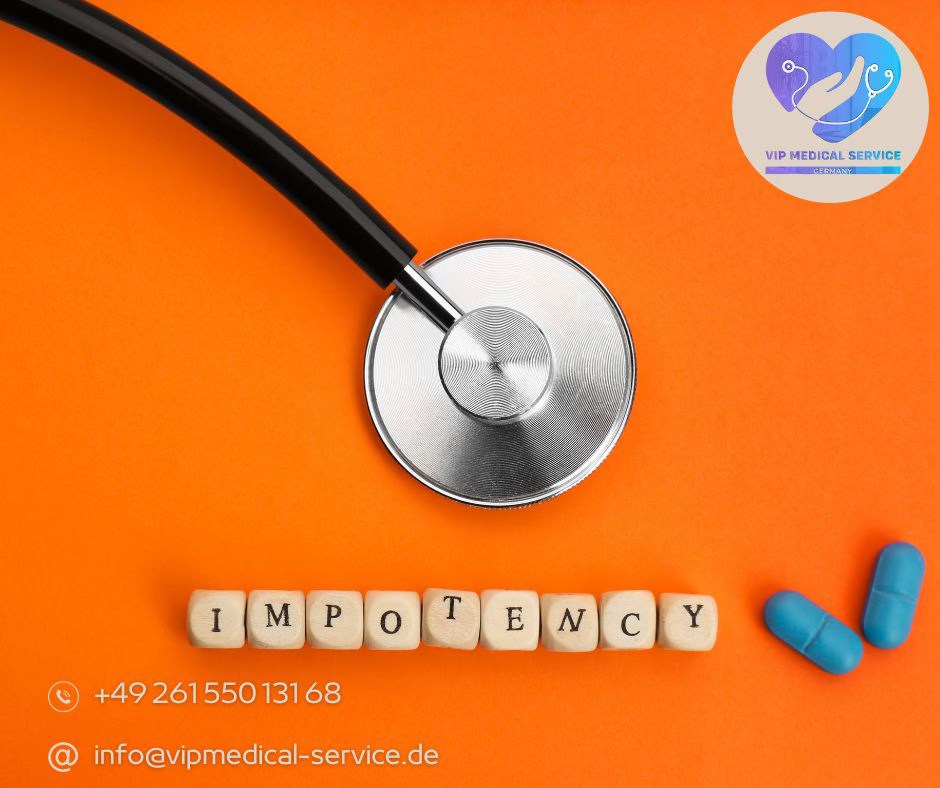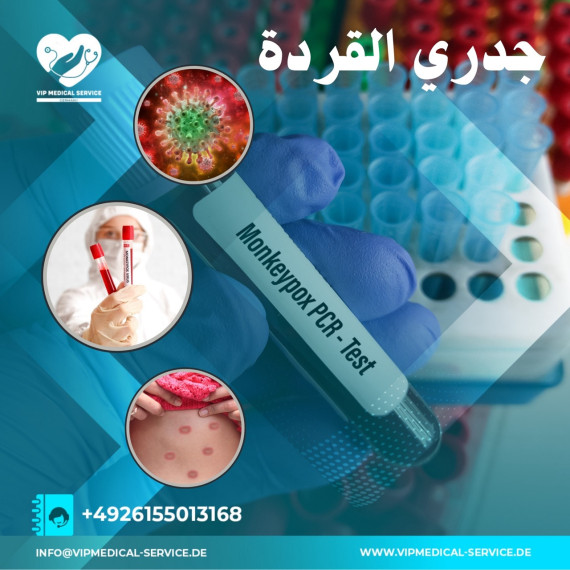Male Sexual Dysfunction
15 Feb, 2024 - Medizinische Informationen

Male sexual dysfunction refers to the inability to achieve or maintain an erection sufficient for satisfactory sexual performance. This condition can significantly affect quality of life, self-confidence, and emotional relationships for men.
According to a 2018 study, approximately 30.7% of men suffer from male sexual dysfunction. What's concerning, is that this statistic primarily focuses on the age group of 18 to 40, indicating that the prevalence of male sexual dysfunction is even higher across all age groups.
This problem can arise from psychological, physical, or a combination of both factors:
- Psychological Factors: Anxiety, depression, stress, and emotional problems can contribute to male sexual dysfunction.
- Physical Factors: Chronic diseases such as diabetes, hypertension, high cholesterol, and prostatitis, as well as the use of certain medications or exposure to injuries or surgeries that affect blood vessels or nerves, can also lead to male sexual dysfunction. In some cases, male sexual dysfunction can be a symptom of a larger health issue such as heart disease, stroke, or cancer, making it important to consult a doctor if this condition arises.
It's important to note that male sexual dysfunction in itself is not a disease but a symptom. Therefore, focusing on treating the underlying cause of this symptom is crucial. Given the diverse causes of male sexual dysfunction, treatment options vary from case to case. Consulting a specialist with extensive experience is essential in determining the most appropriate treatment methods.
Treatment options for male sexual dysfunction can be categorized into four main groups:
1. Psychological Therapy: This may involve individual, couples, or group therapy using techniques such as magnetic therapy, cognitive-behavioral therapy, or psychotherapy.
2. Pharmacotherapy: This includes oral medications to increase blood flow to the penis and improve erection, such as Viagra or Levitra (although these medications have side effects), as well as medications that are injected directly into the penis or administered through the urethra, such as alprostadil.
3. Device Therapy: This involves the use of devices that stimulate erection or maintain it, or improve the function of blood vessels and nerves.
4. Surgical Treatment: In severe or refractory cases where other treatments fail, surgical interventions such as vascular repair or penile implants may be considered.
There are also promising future treatments that are still under study and research, including:
- Shockwave Therapy: This treatment can improve sexual function for up to two years.
- Stem Cell Therapy: Stem cells can replace damaged tissues in the penis and improve erection. While promising, it is still under research and experimentation.
- Gene Therapy: Using genetically modified viruses to transfer beneficial genes to cells in the penis and improve it's function. This treatment is considered futuristic and promising but is still in its early stages.
Germany stands out for its active research and development efforts to study and develop more effective treatments with fewer side effects. Additionally, German doctors are precisely specialize in treating male sexual dysfunction, and the country has access to state-of-the-art medical technologies and equipment, such as robotic surgery, shockwave therapy, stem cell therapy, and gene therapy. The priority in treatment lies in comprehensive management of the condition, focusing on identifying and resolving the underlying causes first.
At VIP Medical Service, we prioritize the quality and professionalism of doctors who are treating our patients.
You can contact us for an initial consultation and assistance aimed to improving the quality of your life.


